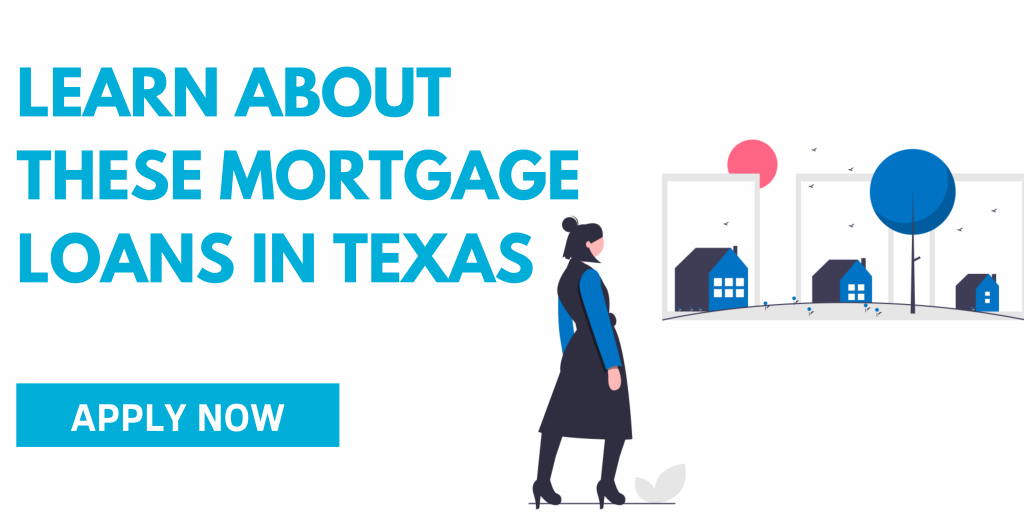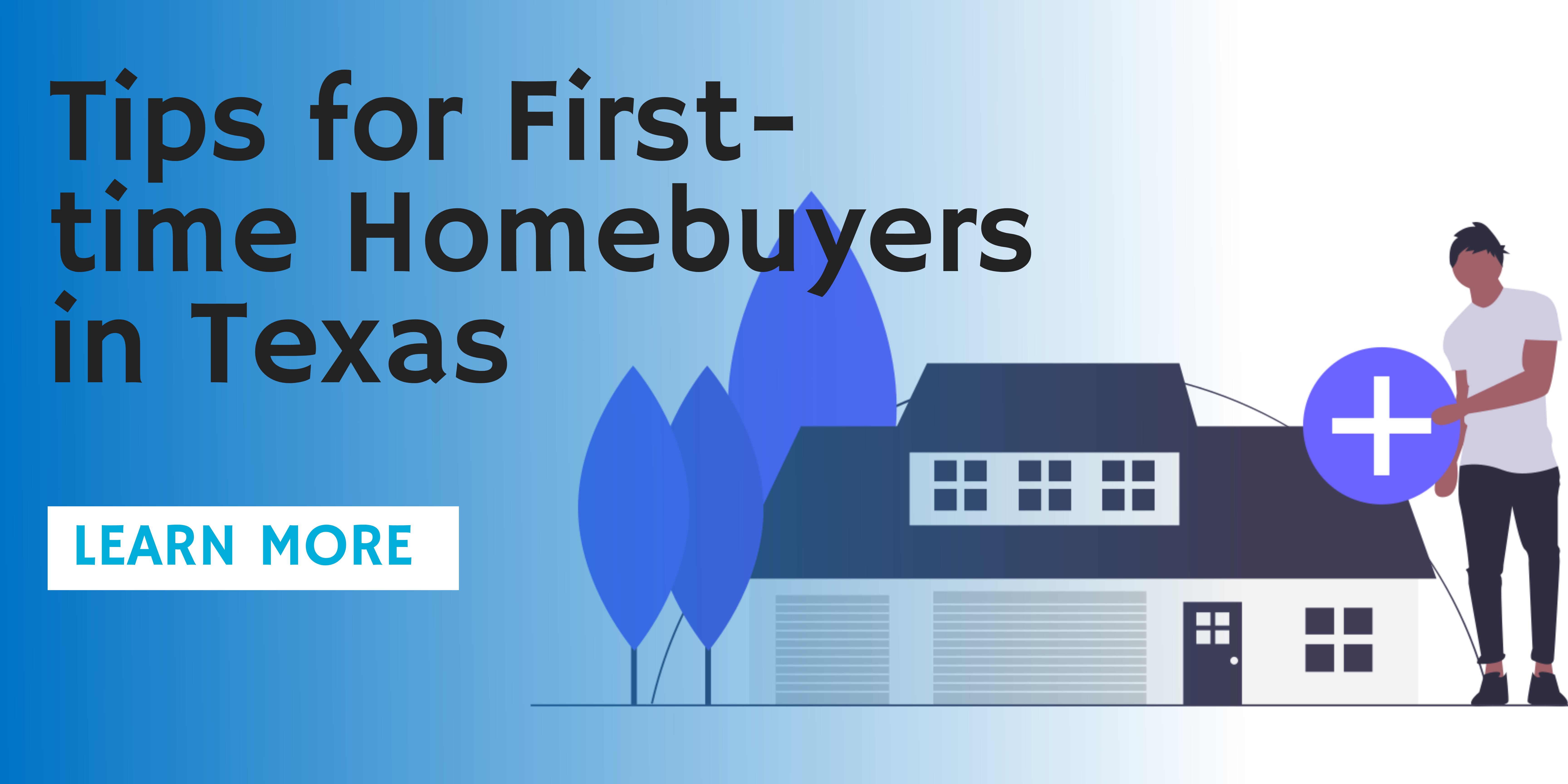When you are in the market for a new mortgage, it is essential to understand the difference between FHA loans and conventional loans. Both have their pros and cons, which we will discuss in this blog post.
So, which one is right for you? That depends on your individual situation. Keep reading to learn more about FHA and conventional loans, and find out which option might be the best!
Selecting A Home Loan: Loan Types To Consider
Deciding on a home loan can be just as important as choosing the right house. The loan you ultimately decide on will have long-term ramifications, so choosing wisely is essential.
Many home loans are available on the market, and it can be tricky to know which is right for you. The most crucial factor to consider is your financial situation.
Do you have a steady income? How much can you afford to repay each month? Once you have a clear idea of your finances, you can start looking at the available loan types.
Another essential factor to consider is the term of the loan. Home loans are typically available for 10, 15, 20, or 30 years.
A shorter term will mean higher monthly repayments, but you’ll pay off the loan sooner and save on interest charges. Conversely, a longer term will mean lower monthly repayments, but you’ll end up paying more interest over the life of the loan.
It’s essential to strike a balance between affordability and paying off the loan as quickly as possible.
FHA Loans Vs. Conventional Loans: Key Differences
If you’re prepared to become a homeowner, you’ll likely find many different types of loans available. Two of the most popular options are FHA loans and conventional loans.
Both types of loans have their benefits and drawbacks, so it’s essential to understand the critical differences before deciding.

Conventional loans
Banks and credit unions typically offer these. They’re not insured by the government, so that they may require a higher down payment than an FHA loan. However, they also tend to have lower interest rates and can be easier to qualify for than an FHA loan.
FHA loans
The Federal Housing Administration insures these. This upfront mortgage insurance premium protects lenders if you default on your loan.
As a result, FHA loans often come with more lenient credit requirements than conventional loans. However, they also tend to have higher mortgage insurance premiums than conventional loans.
Ultimately, the best type of loan for you will depend on your financial situation. Be sure to compare all of your options before making a final decision.
Pros and Cons of FHA Loans
Pros of FHA Loans
FHA loans are an excellent way for first-time home buyers or those with less-than-perfect credit to get financing. The government guarantee means lenders are more willing to approve these loans, and the low down payment requirements make them more accessible than traditional mortgages.
FHA loans also have relatively lenient credit requirements, which can be a godsend if your credit is less than perfect. In addition, FHA loans allow for flexible terms, making it easier to qualify for a loan and get the financing you need.
As a result, FHA loans are an excellent option for anyone looking to buy a home.
Cons of FHA Loans
Although FHA loans are standard among first-time home buyers, they also come with several disadvantages.
First, FHA loans require a minimum down payment of 3.5%.
Second, the annual FHA mortgage insurance premium (MIP). You are required to have PMI for the life of the loan, which can increase your monthly payments.
Third, you must pay a 1% origination fee at closing.
Fourth, the maximum loan amount is limited to $275,665 in most markets.
Finally, FHA loans are not available for investment properties or vacation homes.
Pros and Cons of Conventional Loans
Pros of Conventional Loans
A conventional loan is a mortgage that does not come with a government guarantee or insurance. Conventional loans may have fixed or adjustable rates and terms.
Lenders offering conventional loans often require a higher credit score and down payment than government-backed loans, such as FHA. However, they may offer lower interest rates than some private lenders.
Because the government does not insure conventional loans, they may be ideal for borrowers with solid credit who qualify for a lower interest rate. In addition, because there is no government guarantee, lenders may be more willing to offer flexible terms, such as adjustable-rate conventional mortgages or balloon payments.
As a result, conventional loans can provide borrowers with access to financing that may not be available through other programs.
Cons of Conventional Loans
A conventional loan is a mortgage not insured or backed by the federal government. Therefore, if the borrower defaults on the loan, the lender is not protected from loss.
Lenders usually require a more significant down payment to compensate for the higher risk and charge a higher interest rate for conventional loans. In addition, borrowers with less-than-perfect credit may find it more challenging to qualify for a conventional loan.
In addition, to pay private mortgage insurance (PMI) is required for all conventional loans with less than 20% down. PMI is an insurance policy that pays the lender if the borrower defaults on their mortgage.
The monthly premium is added to the borrower’s mortgage payment, increasing the amount they have to pay mortgage insurance each month. For these reasons, borrowers should consider whether a conventional loan is right for them before applying.
Which Is Better?
FHA loans and conventional loans are both popular options for first-time homebuyers. But which is better?
The answer depends on your circumstances. For example, an FHA loan might be your best option if you have a low credit score or limited funds for a down payment.
However, a conventional loan might be the better choice if you have strong credit and can afford a higher down payment.
Talk to a mortgage lender to learn more about your options and find the best loan.

Conclusion
FHA Loans vs. Conventional loans can be a tough decision. It is because so many variables come into play.
Who is the lender? What is the interest rate? How much are you willing to put down? How does your credit score look? Consider the following questions when taking out a loan.
In the end, it depends on your unique circumstances. For example, if you have good credit and can afford a down payment, then applying for a conventional loan might be the best way.
However, an FHA loan might be a better option if you have less-than-perfect credit or need more money to reasonably afford the down payment requirements.
Ultimately, you must investigate and converse with a knowledgeable lender to ensure you get the optimal deal possible.
FAQs
What are the requirements to take out a conventional loan?
The requirements to take out a conventional loan vary by lender. Generally, you’ll need to have at least a 10% down payment and good credit (usually above 620).
You’ll also be expected to provide proof of income and assets.
Can you change your mortgage from an FHA loan to a conventional one?
Yes, You may refinance an FHA loan to a conventional loan. However, you’ll need to meet the criteria above for a conventional loan.
You’ll also need to consider refinancing costs, such as closing costs and any fees associated with the process.
What is the FHA loan limit?
The FHA loan limit is the maximum amount that the Federal Housing Finance Agency (FHFA) will insure. The FHFA sets FHA loan limits based on national median home prices.
Currently, FHA loan limits range from $331,760 to $765,600 for most states and territories for single-family homes. However, FHA loan limits may be higher in certain areas.



